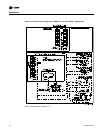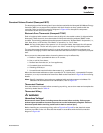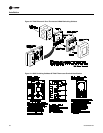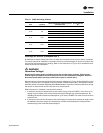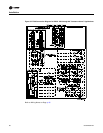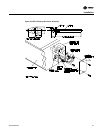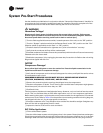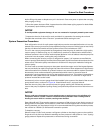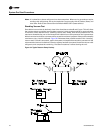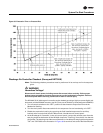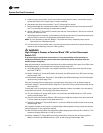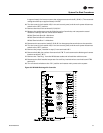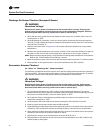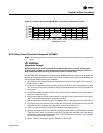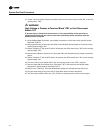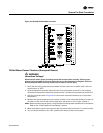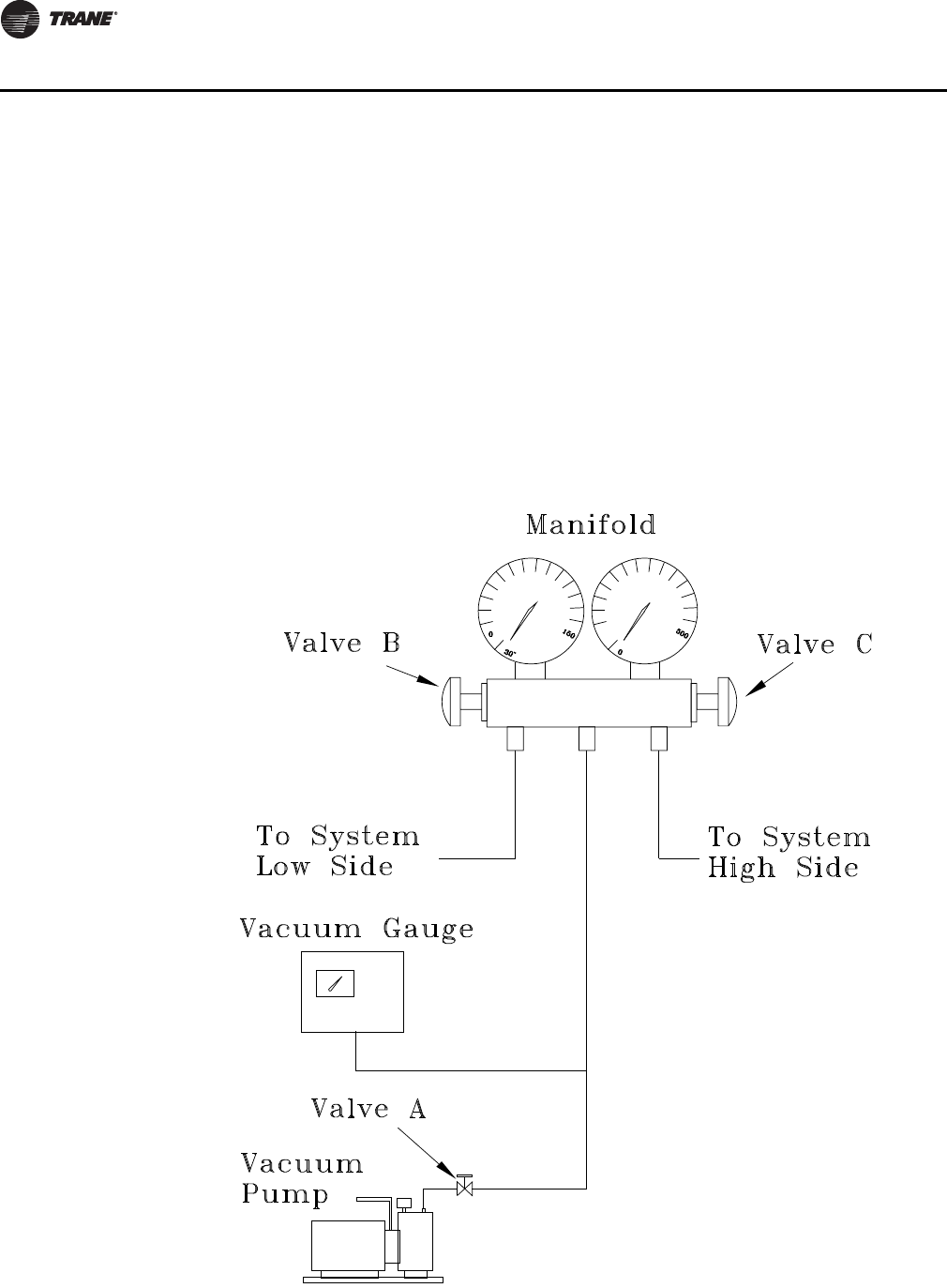
70 SS-SVX09A-EN
System Pre-Start Procedures
Note: It is unlawful to release refrigerant into the atmosphere. When service procedures require
working with refrigerants, the service technician must comply with all Federal, State, and
local laws. Refer to the General Service Bulletin MSCU-SB-1 (latest edition).
Standing Vacuum Test
Once 300 microns or less is obtained, close Valve A and leave valves B and C open. This will allow
the vacuum gauge to read the actual system pressure. Let the system equalize for approximately
15 minutes. This is referred to as a “standing vacuum test” where, time versus pressure rise. The
maximum allowable rise over a 15 minute period is 200 microns. If the pressure rise is greater than
200 microns but levels off to a constant value, excessive moisture is present. If the pressure steadily
continues to rise, a leak is indicated. Figure 35 illustrates three possible results of the “standing
vacuum test”. If a leak is encounter, repair the system and repeat the evacuation process until the
recommended vacuum is obtained. Once the system has been evacuated, break the vacuum with
refrigerant, and complete the remaining “Pre-Start Procedures” before starting the unit.
Figure 34. Typical Vacuum Pump Hookup



